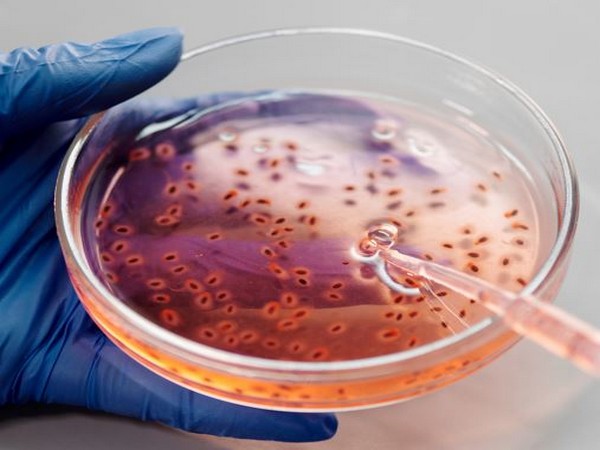Global Leaders Unite Against Antimicrobial Resistance at UNGA
Political declaration sets ambitious targets to combat AMR and reduce annual deaths linked to bacterial resistance by 10% by 2030.

At the 79th United Nations General Assembly (UNGA) High-Level Meeting on Antimicrobial Resistance (AMR), global leaders approved a political declaration committing to a series of targets and actions aimed at addressing the urgent threat of AMR. The declaration seeks to reduce the estimated 4.95 million human deaths associated with bacterial AMR annually by 10% by 2030.
This landmark declaration calls for sustainable national financing and US$100 million in catalytic funding to achieve the goal of at least 60% of countries implementing funded national action plans on AMR by 2030. The funding will be sourced through diversifying contributions to the Antimicrobial Resistance Multi-Partner Trust Fund.
The declaration received support from the Quadripartite organizations, which include the Food and Agriculture Organization (FAO), the United Nations Environment Programme (UNEP), the World Health Organization (WHO), and the World Organisation for Animal Health (WOAH). These organizations commended countries for recognizing the necessity of global efforts to combat AMR through a One Health approach, acknowledging the interconnectedness of human, animal, plant, and environmental health.
Setting Ambitious Targets for Global Health
The declaration outlines several key targets aimed at combating AMR:
Human Health: At least 70% of antibiotics used globally for human health should belong to the WHO Access group by 2030, which includes antibiotics with minimal side effects and lower potential for contributing to AMR.
Infection Prevention and Control: All countries are to ensure basic water, sanitation, hygiene, and waste management services in healthcare facilities, with 90% meeting the WHO's minimum requirements for infection prevention and control programs by 2030.
Agriculture and Animal Health: The declaration commits to significantly reducing the use of antimicrobials in agri-food systems and emphasizes the importance of implementing measures to prevent and control infections in animals.
Environmental Protection: There is a focus on preventing and addressing the discharge of antimicrobials into the environment and enhancing research on AMR’s environmental dimensions.
The Need for Multisectoral Action
Recognizing AMR as a complex issue, the declaration calls for a multisectoral response combining human, agricultural, animal, and environmental interventions. FAO Director-General QU Dongyu stated the necessity of sustainable financing to support clear priorities and measurable targets, emphasizing the link between safe food, food security, and efficient agricultural systems.
Inger Andersen, Executive Director of UNEP, highlighted the significant role of the environment in AMR transmission and the need for integrated solutions to reduce AMR’s societal impact.
WHO Director-General Dr. Tedros Adhanom Ghebreyesus warned that AMR threatens to reverse decades of medical progress, urging countries to take action to track AMR, expand access to effective antimicrobial medicines, and foster new developments.
A Clear Path Forward
The declaration establishes the Quadripartite Joint Secretariat on AMR as the central coordinating mechanism to support the global response to AMR. It requests the Quadripartite organizations to update the Global Action Plan (GAP) on AMR by 2026, ensuring a robust multisectoral response.
Furthermore, the declaration encourages countries to report quality surveillance data on AMR and antimicrobial use by 2030, utilizing existing global systems such as the Global Antimicrobial Resistance and Use Surveillance System (GLASS).
By formalizing these commitments and emphasizing the importance of collaboration across sectors, the declaration seeks to mobilize action against AMR and protect global health for future generations.
- READ MORE ON:
- United Nations General Assembly
- Antimicrobial Resistance









